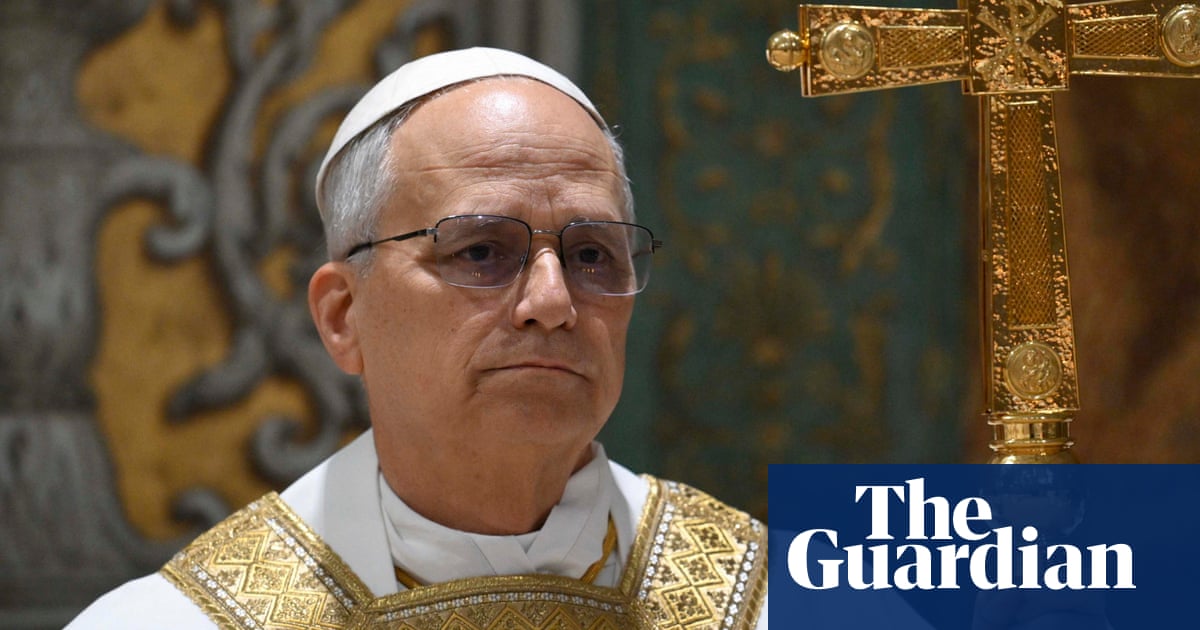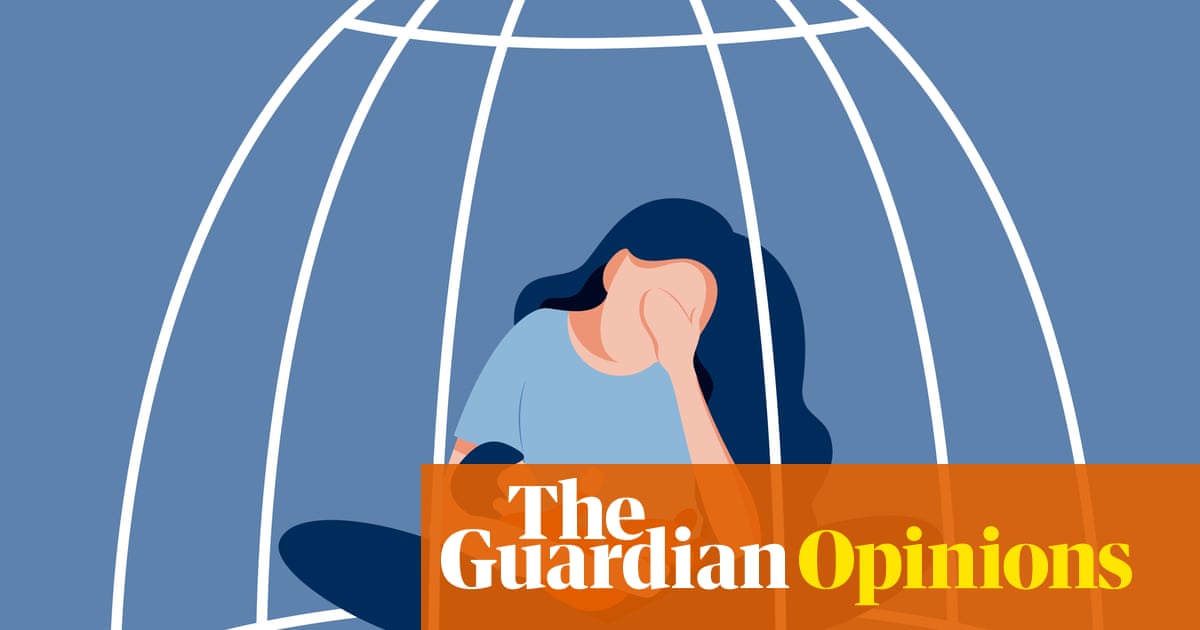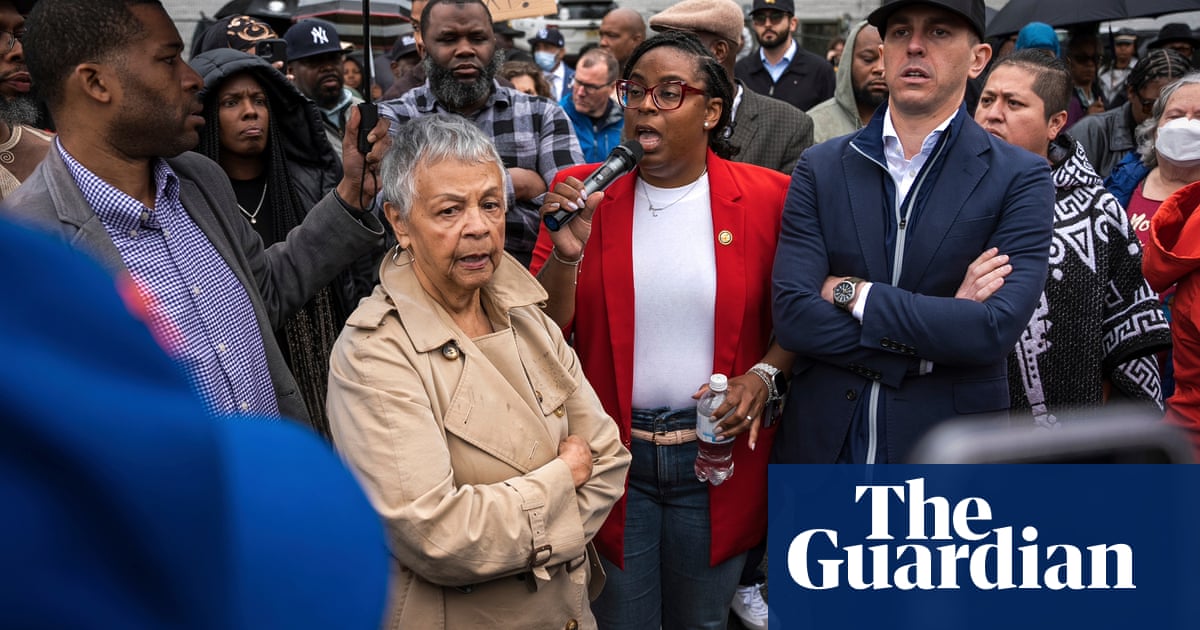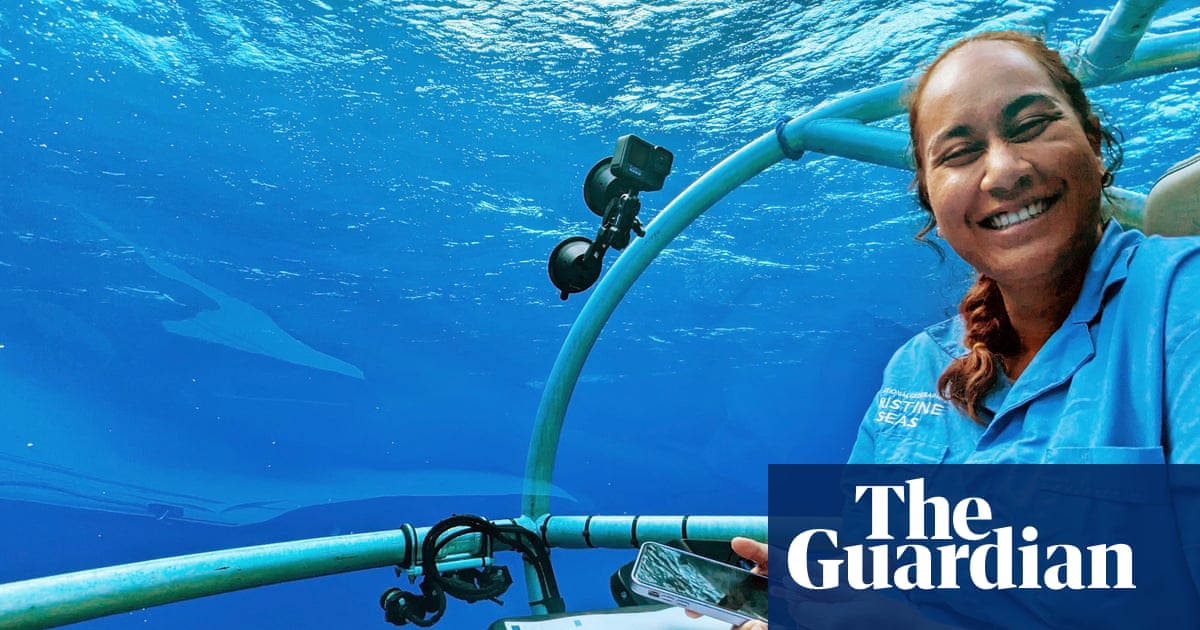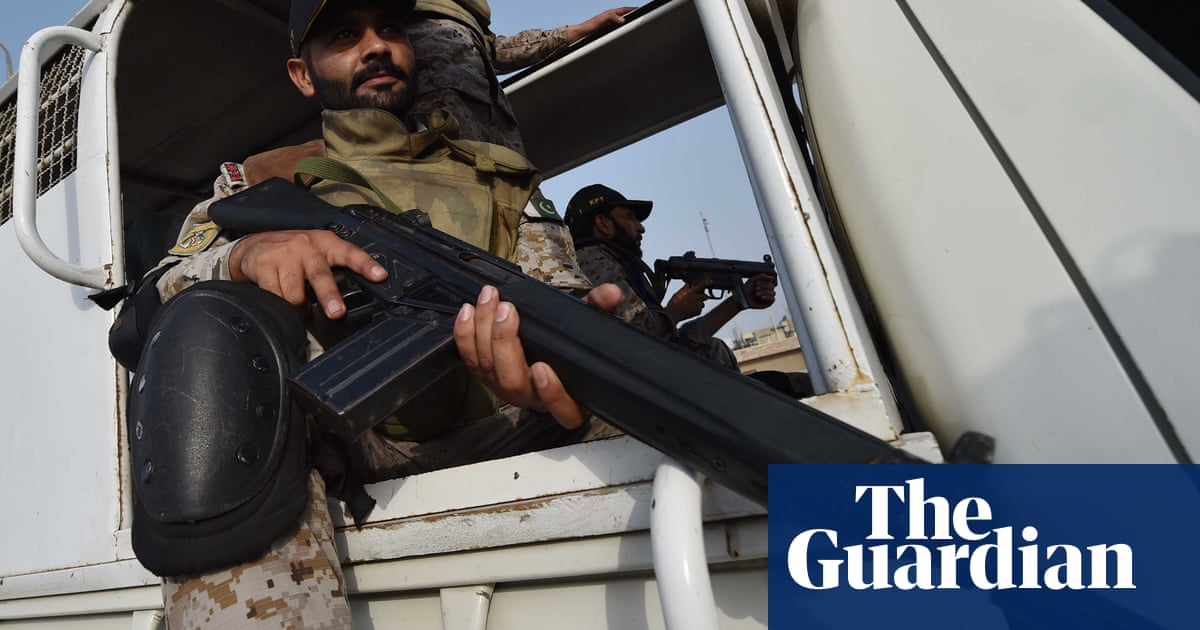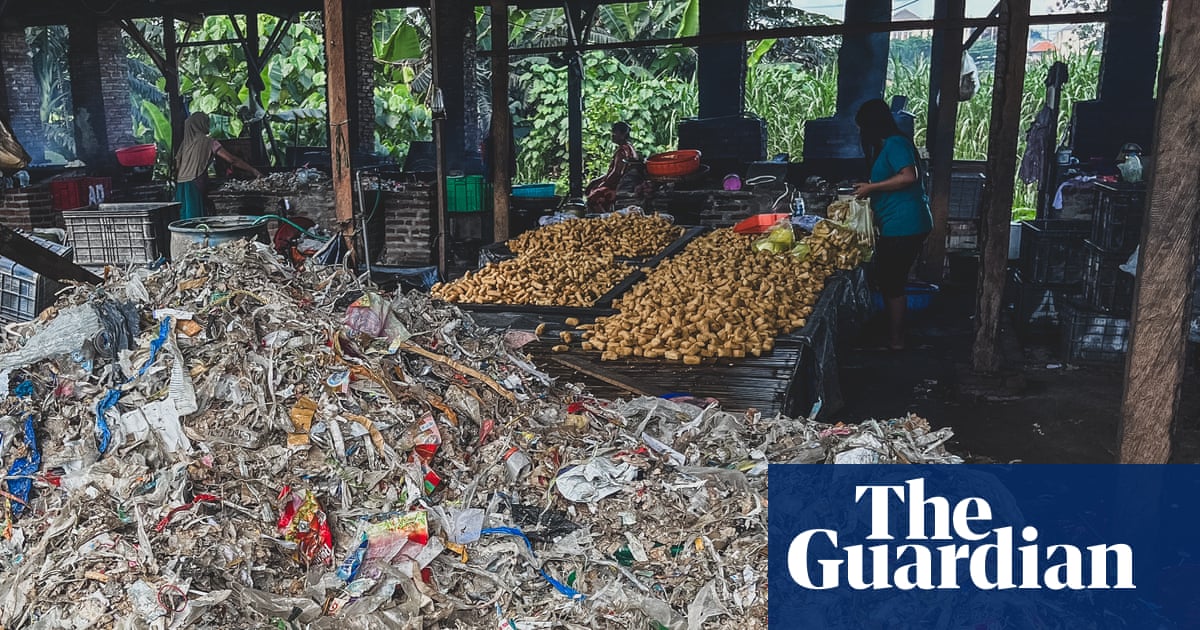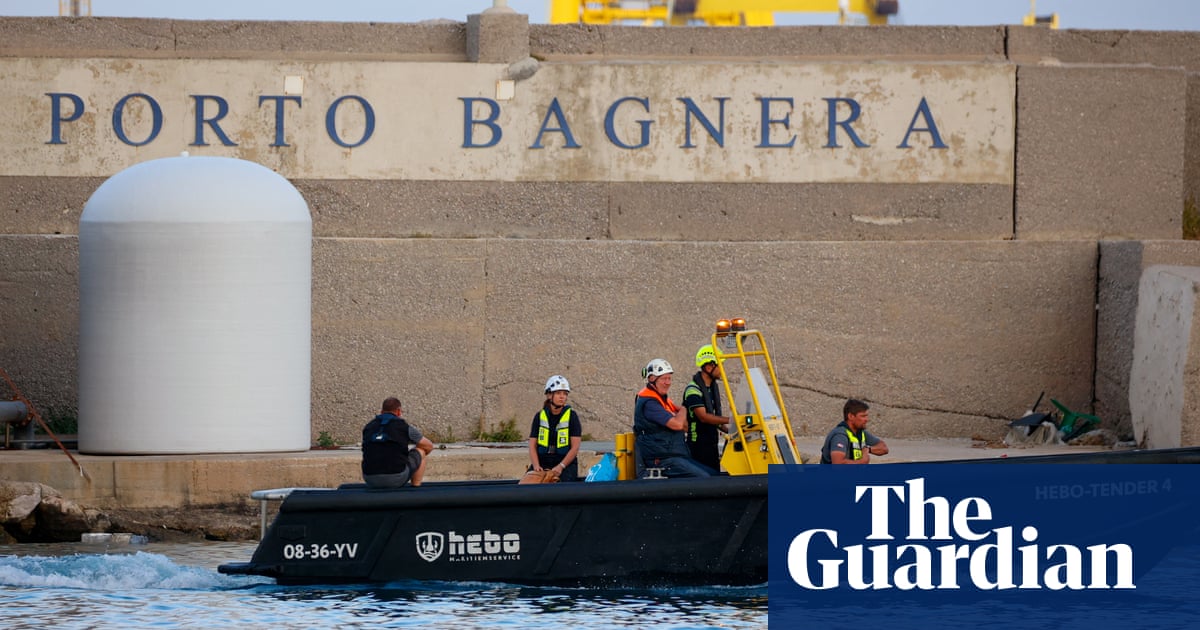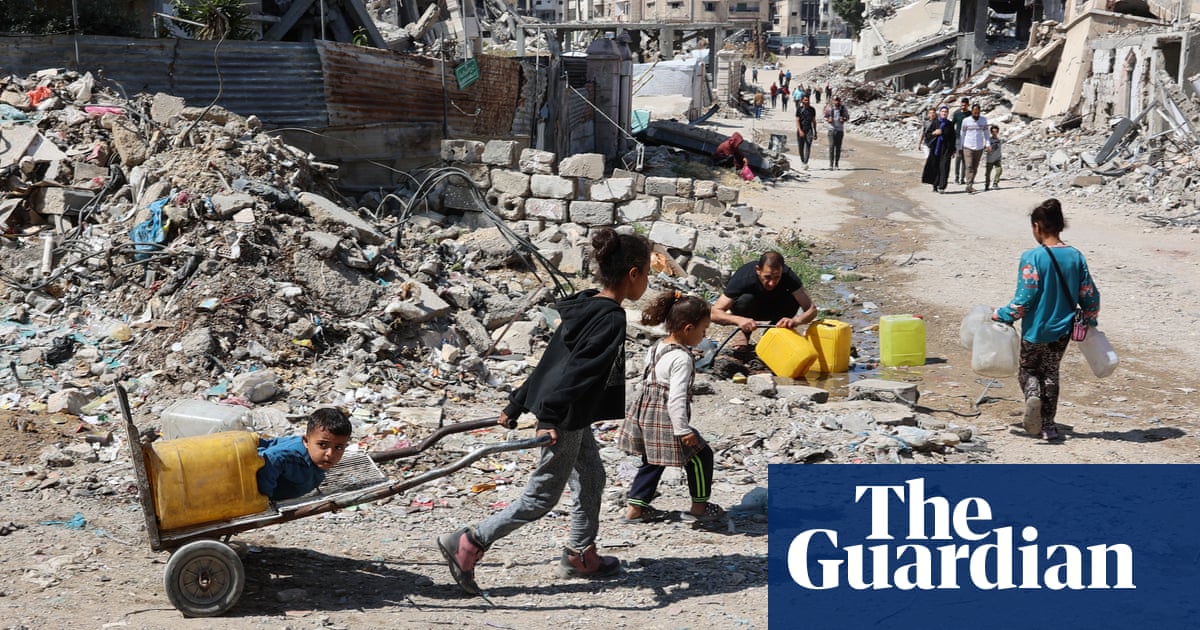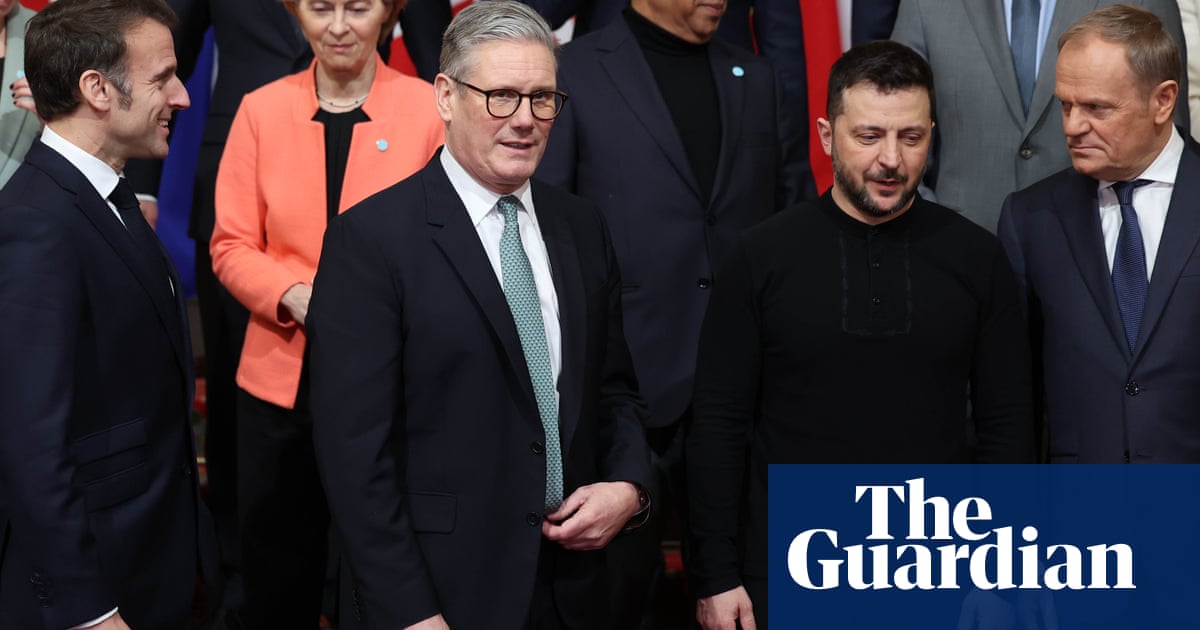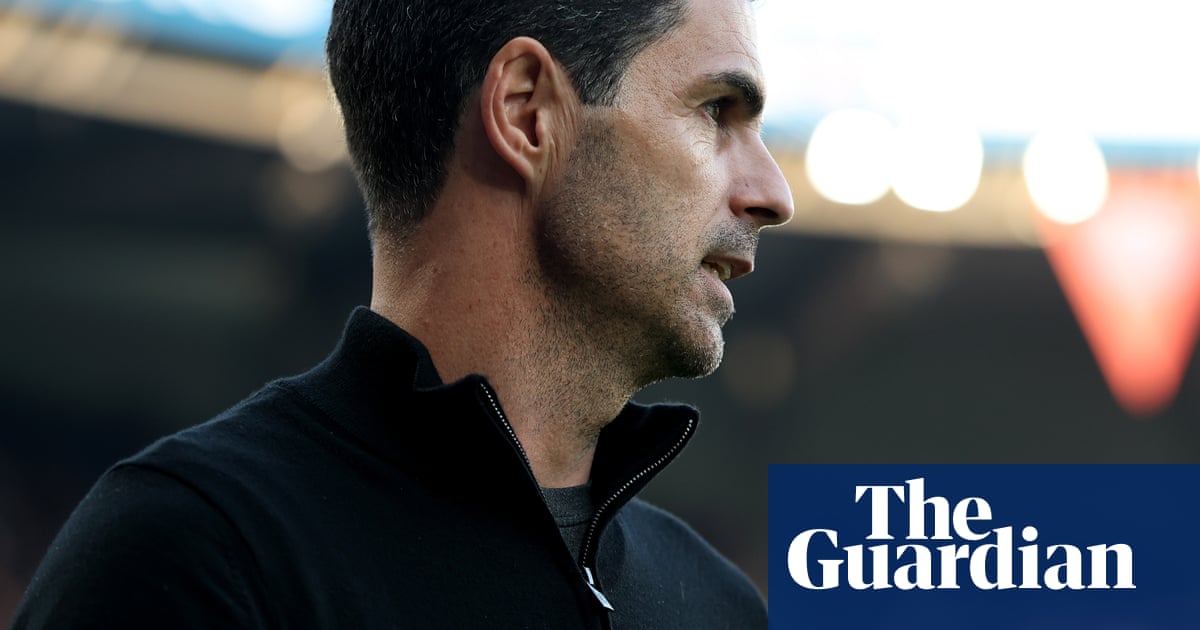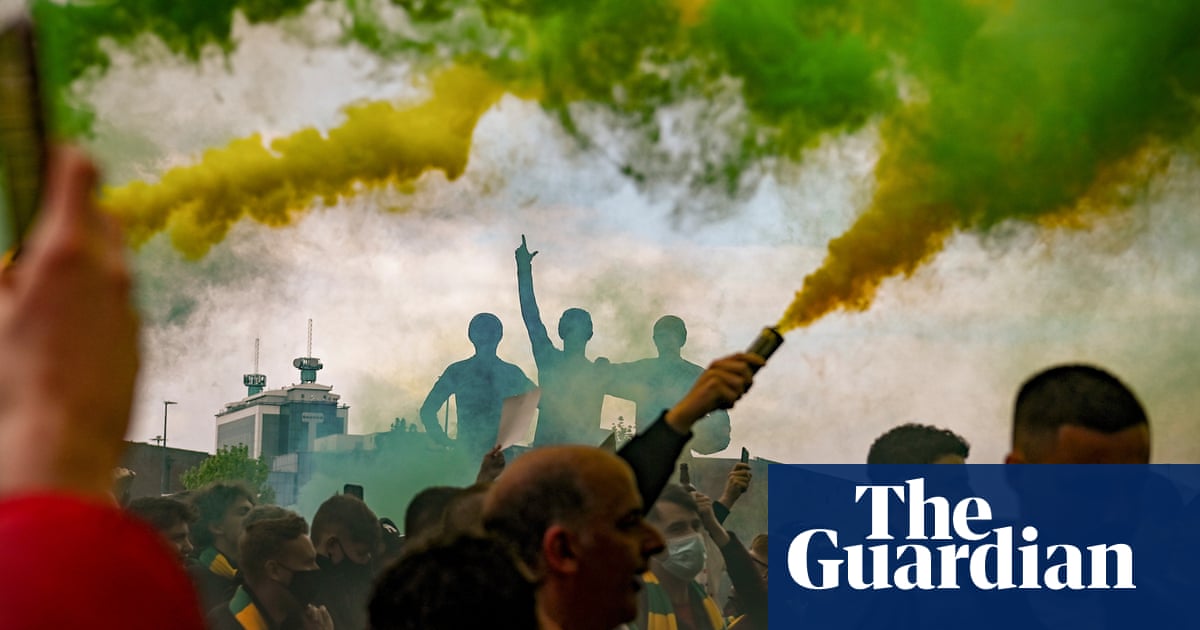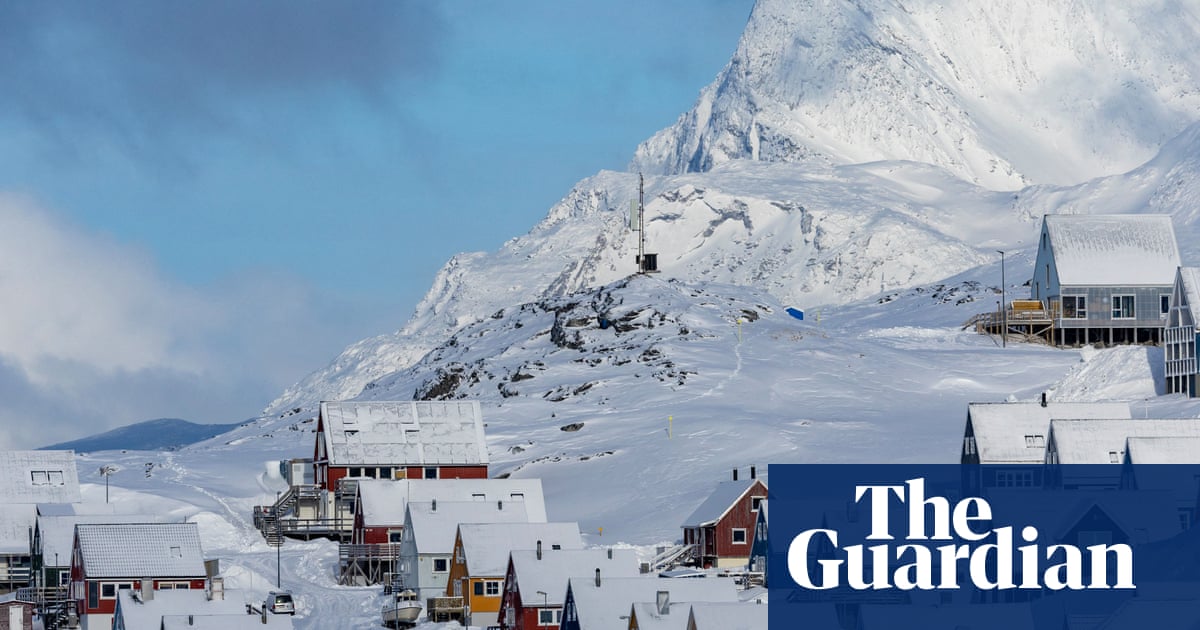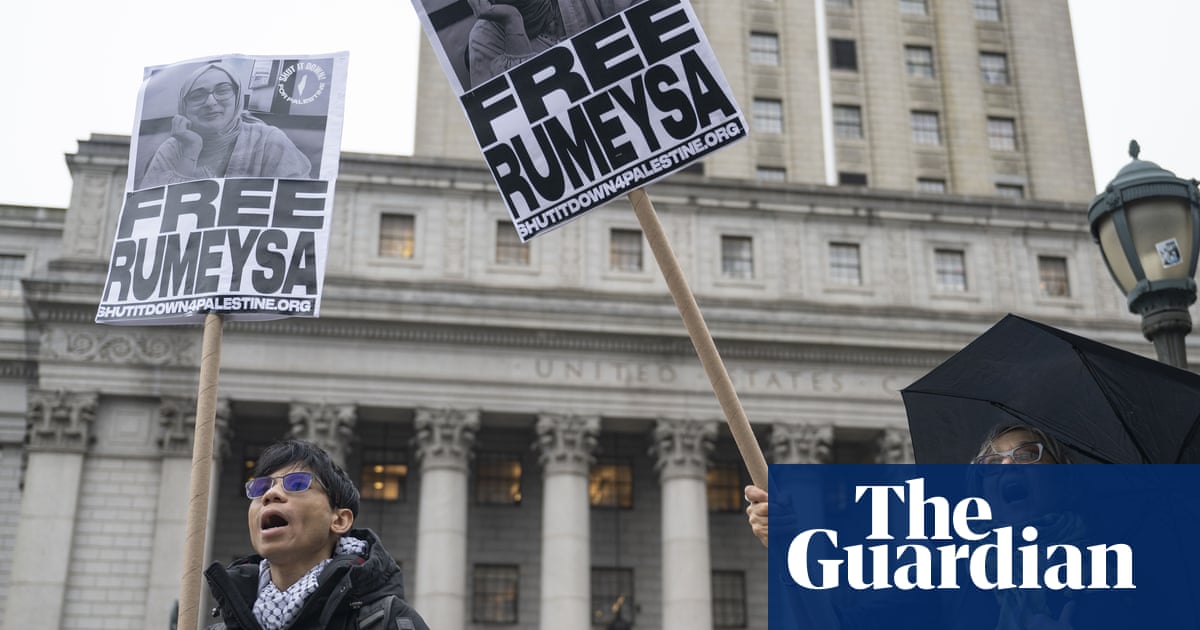Sonia Bonfim Vicente recalls every detail of the night in September 2021 when police killed her husband, William, and 17-year-old son, Samuel, as they rode a motorbike through a Rio de Janeiro favela; from her dread when they didn’t come home to the exact time she arrived at the hospital looking for them. She has been fighting for justice ever since, trying to prove that officers planted drugs and weapons on them to justify the murders as self-defence. “I started my own investigation,” says Vicente, 39, as she riffles through pages and pages of paperwork.
At every step of this gruelling process, from the hospital where her husband and son were pronounced dead to the police station and public prosecutor’s office where she went looking for answers, Vicente was treated coldly, dismissed, and even intimidated. But she kept going and began meeting other mothers who had lost a child to police violence.
Now, Vicente is one of 100 grieving mothers selected to take part in a pioneering research project at the Federal University of Rio de Janeiro (UFRJ), to design a nationwide policy of institutional support for relatives of victims of state violence.

Each of these mothers has her own tale of violent loss, but the story repeats itself across Brazil, where police kill more than 6,000 people every year. The victims are mostly young Black men from low-income communities such as the Chapadão favela where Vicente lives, caught in the crossfire of the state’s indiscriminate war on crime.
Brazil has been repeatedly condemned by the inter-American court of human rights for its police forces’ brutal and racially biased abuses, yet research shows that more than 90% of police violence cases in the state of Rio are shelved without investigation. The mourning mothers left behind tend to be distrustful of state services – when these are even available – and usually deal with their grief, their fight to hold the police accountable, and the mental and physical health problems that often follow their loss, without institutional help.
The new programme seeks to change that by creating systems of care and support with direct input from the mothers, explains Guilherme Pimentel, a human rights lawyer and the founder of Raave, a network of organisations supporting people affected by state violence in Rio. He is the driving force behind the project, which is funded by the federal government but run independently by Raave and the UFRJ’s institute of psychology.

“These mothers mustn’t be seen as objects of research or receivers of public policy, but as people with rights who are experiencing a problem and are capable of coming up [with solutions],” he says. “Collectively … they become lionesses.”
The “scholarship mums”, as they are known, meet fortnightly on university premises to learn about issues such as human rights and mental health, and share their own knowledge and experiences of community-based support systems. “We are learning from those who are already doing,” says Mariana Mollica, a psychoanalyst and the UFRJ’s programme coordinator.
after newsletter promotion
Nearly half of the group did not complete primary school, but they are treated as researchers and receive a monthly grant of 700 reais (£94, about half the minimum wage) for their work.
“For me it’s very important,” says Hortência Alves dos Santos, 60, who depends on this money to buy food and cooking gas. She lost her job as a cleaner because her health deteriorated after her son Gelson’s death in January 2021.
“It’s terribly sad what the state does to our children. Never mind who they are, they should be arrested, not killed … After my son died, everyone abandoned me. I didn’t know whether I was showering or not, whether I was eating or not,” says Santos. It was a local NGO that helped her and later pointed her to Raave’s project.
Working with university students, the scholarship mums are also mapping the state services for healthcare, social assistance and legal aid available to them. The aim, once the project wraps up in January 2026, is to present the justice ministry in Brasília with a policy proposal for how these can be improved nationwide.

In the meantime, the regular gatherings provide much-needed solace to the participants and a platform to be heard.

“On my own, it was unbearable. When I join forces with other women, I feel stronger,” says Andréa Marcia Anselmo, 58. Her sons Gabriel, 22, and Pablo, 28, were killed six and four years ago, both shot in the back during police ambushes, she says.
Because they were involved with local drug traffickers, Anselmo gets little sympathy from her daughters, who think she should move on, or from her work colleagues who see her as the mother of criminals. “Here I’m surrounded by people who listen to me, who support me, and by other mothers who understand my struggle,” she says, as women chat around her at one of their recent gatherings near Rio’s city centre. Some travelled more than 50km (30 miles) to be there.
As the meeting gets under way, several mothers take to the floor with raw outpourings of grief and rage. Later that day, they will channel those emotions into an event organised by Vicente in tribute to her son, who would have been celebrating his 21st birthday.

 3 months ago
41
3 months ago
41
